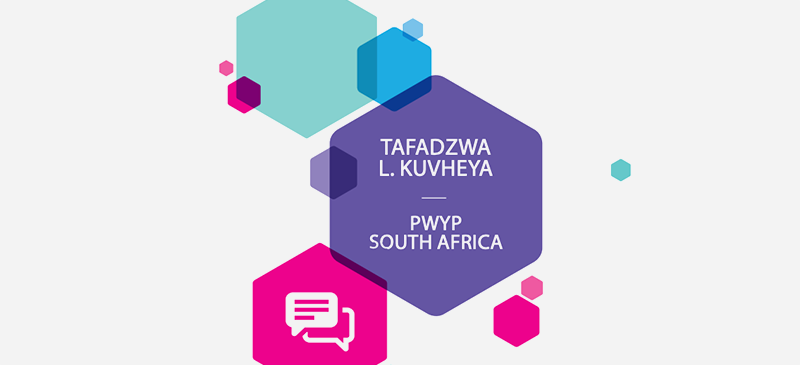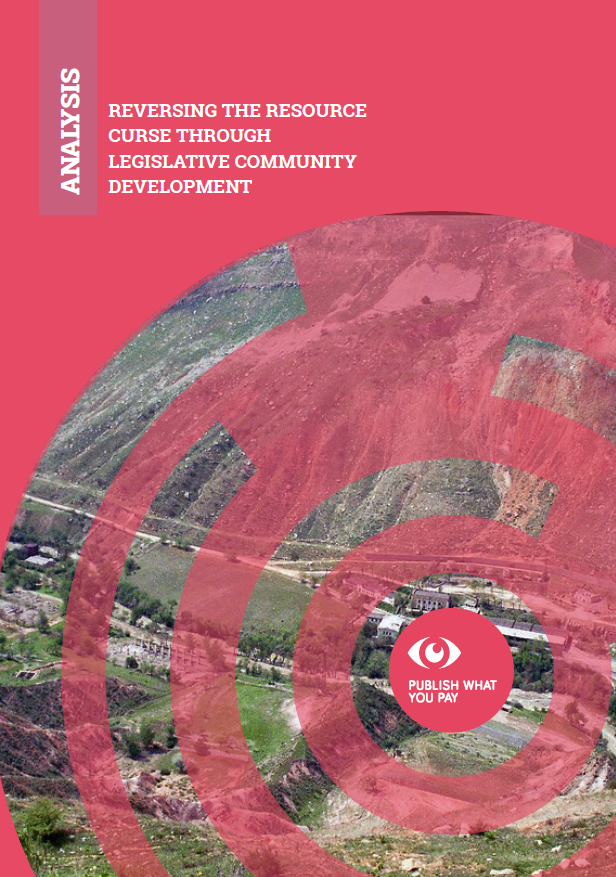Case study of Sedibeng Iron Ore mine, by Tafadzwa L. Kuvheya
South Africa is a major minerals producer and host to leading international mining companies. Mining accounts for approximately 18% of the national GDP. The costs and benefits of mining for South African communities, and the impacts of South African mining companies operating elsewhere in Africa, are matters of much concern to civil society.
In May 2017, a community activist and Publish What You Pay member from Kathu in Northern Cape mentioned to Publish What You Pay South Africa (PWYP-SA) that he has led Maremane mining community in trying to obtain information about the Social and Labour Plan for the Sedibeng Iron Ore mine to no avail. The community had started raising questions about the benefits of the mining activities by Sedibeng.
PWYP-SA offered to help find publicly available information about the Sedibeng mine. This case study describes the research undertaken and shows how difficult it can be in South Africa to obtain information relevant to local communities about extractive projects.
This case study is part of Publish What You Pay’s Data Extractors programme, a global initiative which trains PWYP members and activists from across our network to use extractives data. The findings of the report are valid at the time of publishing.











